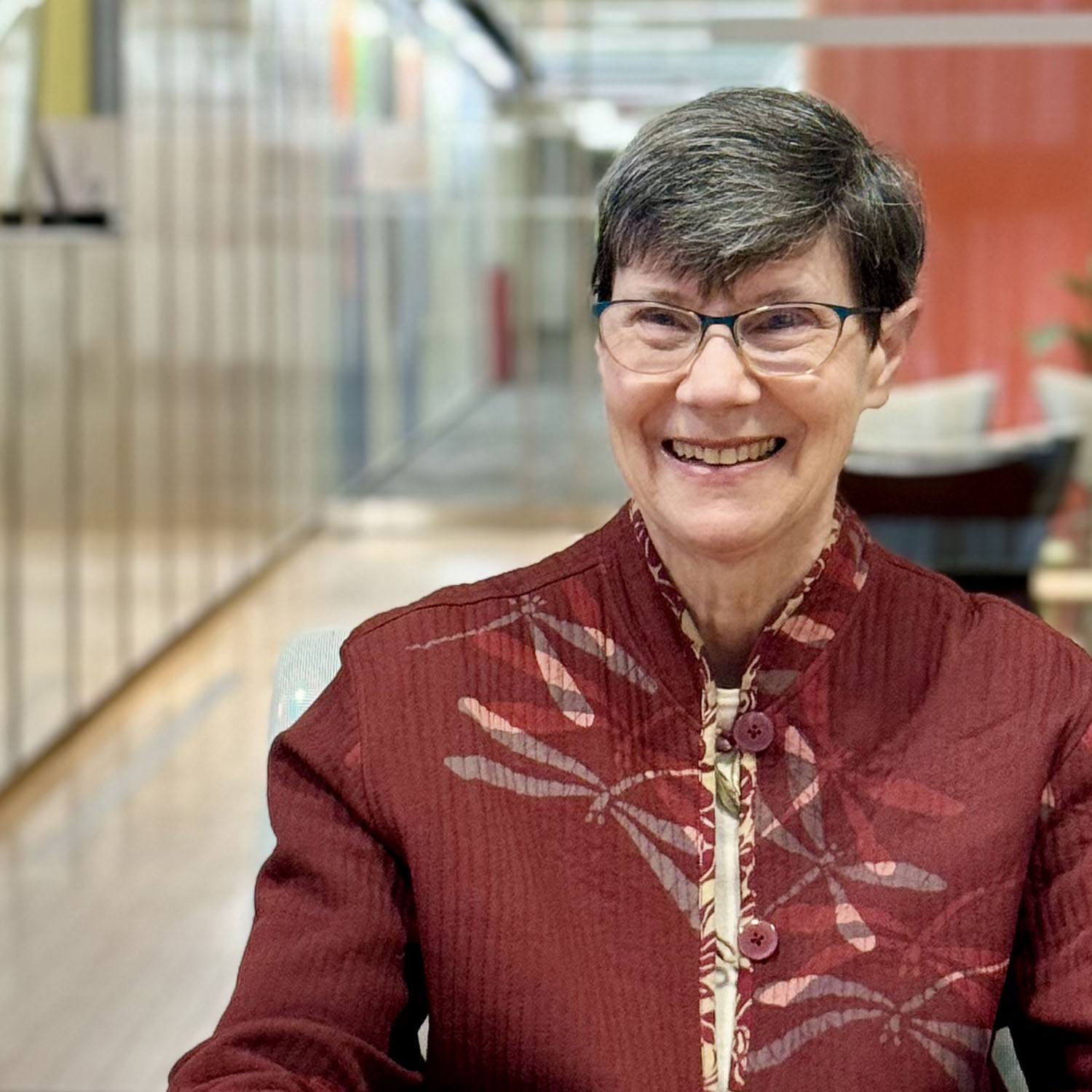Can We Live Healthier and Spend Better on Health Care?
Director’s Page
Helene M. Langevin, M.D.
January 6, 2025
In December 2024, the National Center for Complementary and Integrative Health (NCCIH) celebrated the close of its 25th year with a special anniversary celebration and a remarkable program focused on the economics and imperatives of whole person health. As becomes alarmingly clearer with each passing year, the U.S. population is becoming less healthy, despite spending disproportionately more on health care compared to other industrialized nations.
In this context, our 2024 Stephen E. Straus Distinguished Lecturer, Dr. Patricia Herman from RAND, gave a striking comparative cost analysis of conventional vs. whole person health care that began with the case study of an imaginary patient, “Mrs. M.” The analysis demonstrated substantial cumulative health care cost savings with whole person care from age 40 to age 80: $52,425 for whole person care vs. $353,155 for conventional care. This would occur even though (1) Mrs. M would have better health and greater independence at age 80 with whole person care, and (2) whole person care would initially cost more than conventional care from age 40 to 45 to cover nutritional, psychological, and physical support of Mrs. M to implement and sustain healthy behaviors. This study of a hypothetical patient underscores how a long-time horizon is necessary to demonstrate the full potential benefits and cost savings of whole person care over the course of a lifetime.
Dr. Herman’s presentation was followed by an insightful panel from the University of Vermont Medical Center’s Comprehensive Pain Program that provided a “real world” example of a successful model for integrating whole person health into clinical practice, including challenges and practical solutions to implementation of a “bundled” reimbursement schedule supported by both Medicaid and Blue Cross Blue Shield of Vermont.
This was followed by a presentation by Dr. Lynn DeBar from the Kaiser Permanente Center for Health Research, who gave an impressive synopsis of the evolving landscape of pragmatic and real-world research and its impact on decision making within health care systems.
NCCIH’s anniversary celebration was a valuable opportunity to demonstrate that the whole person health care model can be implemented in a realistic way, and that looking at both short-term and long-term costs is important to understand the full impact of whole person care.
Improving the way we deliver care depends on research that can expand our understanding of the whole person and the intricate interplay of factors that can impact one another during a person’s whole life. This knowledge will lead to better health outcomes and ensure we get the most value from our health care investments.
